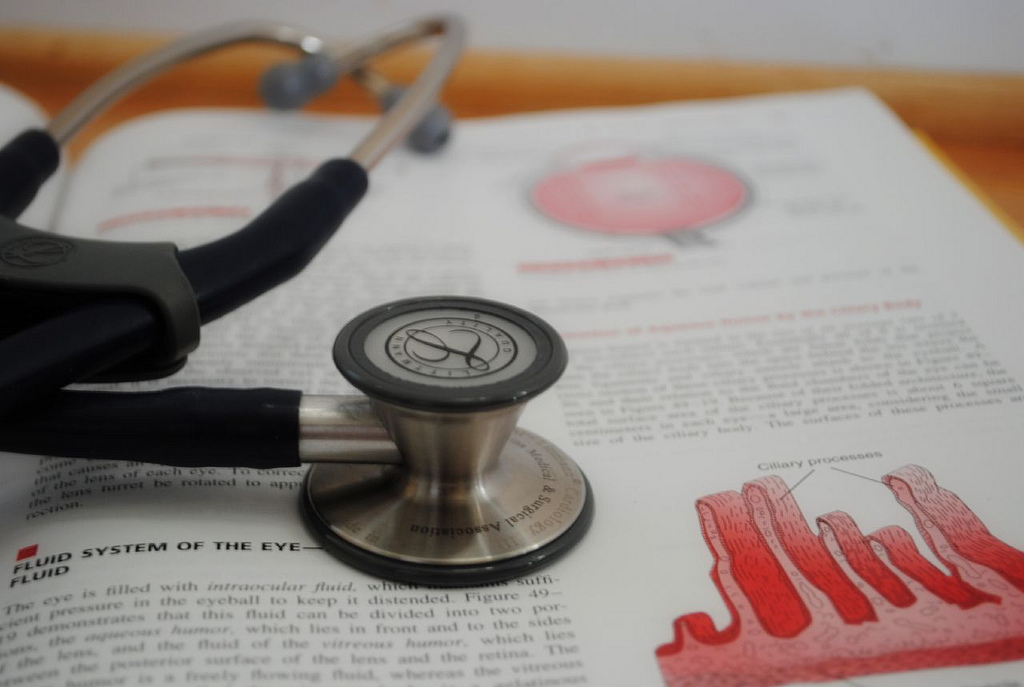A Day in the Life of an Orthopaedic Physician Assistant
/1. What is a typical day in the life of an Orthopaedic physician assistant?
A typical day in the life of an Orthopaedic PA is a day of unknowns! That is the most common theme amongst the three different Orthopaedic Surgery positions that I have had over the last eight years. On my physician assistant team, the PAs work four days a week. The week is typically broken up amongst three different responsibilities including two operating room days, one day performing H&Ps in Same Day Surgery, and one day "holding the pager". As with most inpatient surgical services, holding a consult pager for new consults from the Emergency Department, affiliated Urgent Care Centers, other inpatient services and even private physician offices makes the day unpredictable. Orthopaedic consults often involve performing a range of procedures such as bedside joint aspirations, dislocation and fracture reductions, and casting/splinting. These procedures can take anywhere between ten minutes to over an hour.
I also take overnight call managing the Orthopaedic service which includes the pager responsibilities, as well as caring for and medically managing all of our pre and post surgical inpatients. Having various positions, we often start our shifts by prioritizing our tasks to help provide the best and most efficient care for our patients. Being an Orthopaedic Surgery PA certainly keeps you on your toes!
2. What exactly do you do in the operating room?
An Orthopaedic PA's role in the operating room significantly varies based on the operating room setting and their relationship with the operating surgeon. On our service, we first and second assist in surgeries that take place at our main teaching hospital, as well as at our ambulatory surgery center. Depending on the surgery, first and second assisting can involve multiple tasks to perform, assist and facilitate the procedure. We use tools and guides, take measurements, make tendon grafts, and open and close cases.
3. Can you share any helpful tips for PA students that are looking to specialize in orthopedics?
I feel that the best way to prepare for an Orthopaedic position as a student is to focus on anatomy. A large part of our skill set is developed on the job with hands on training. Being familiar with bones, joints, tendons, ligaments and musculature will definitely help to make for an easier learning experience. Becoming comfortable with imagining is another great way to prepare. Interpreting X-ray, CT and MRI studies is a crucial part of our daily job.
4. What is your favorite part of your job?
Instant gratification! Getting to often witness immediate positive results with dislocation and fracture reductions definitely causes a surge of endorphins. I love having the ability to watch my patients improve right before my eyes. I also value and enjoy being a part of a great team. Spending the day with people that you can learn from, teach, respect and share positive reinforcement with really motivates me. My mentor, and the first Orthopaedist that I worked with, Dr. Eswar, always said "work is where you spent most of your life, so you must make it fun!"
5. What sparked your interest in orthopaedics?
While in PA school, Orthopaedics continuously felt familiar to me as my father, sister and I have all sustained musculoskeletal injuries in various levels of severity. I was not confident that it was right specialty for me until rotations. It was my seventh out of ten rotations, and I had just scrubbed out of an ankle open reduction internal fixation. The surgeons were light hearted but confident, the ancillary staff was engaging but efficient, and the music was perfect. I knew at that moment that I had to start my PA career in Orthopaedic Surgery.
6. Any words of advice for new physician assistant school graduates looking to enter this field?
Prepare yourself for a life of daily learning and growth. Work hard and find a way to make yourself an exceptional team player, I promise that it will never be boring!
A special thank you Sheena C. Vora PA-C for sharing her experience and expertise.












